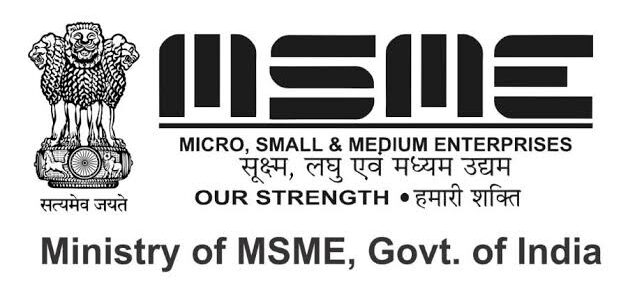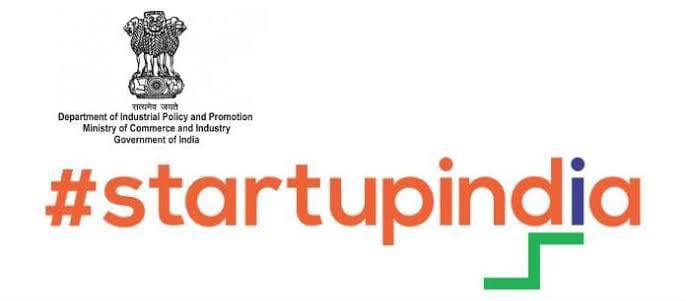- View cart You cannot add another "Startup - Accounting & Book Keeping (Turnover above 5 Crores)" to your cart.
Accounting & Book Keeping-For Trust/NGO/Society – (Turnover upto 5 Crore)
Original price was: ₹125,000.00.₹108,000.00Current price is: ₹108,000.00.
Accounting and bookkeeping for Trusts, NGOs, and Societies with turnovers up to 5 Crore involves meticulous financial management tailored to the unique needs and regulations governing non-profit organizations. This includes:
- Financial Recording: Detailed recording of financial transactions including donations, grants, expenses, and investments.
- Budgeting and Forecasting: Developing budgets aligned with the organization’s goals and forecasting future financial needs based on past trends and upcoming projects.
- Compliance: Ensuring adherence to relevant accounting standards, tax laws, and regulations specific to non-profit entities.
- Fund Accounting: Tracking funds designated for specific programs or projects to ensure transparency and accountability to donors and stakeholders.
- Reporting: Generating periodic financial statements such as income statements, balance sheets, and cash flow statements for internal management and external stakeholders.
- Grant Management: Managing grants effectively, including tracking fund utilization, reporting to donors, and ensuring compliance with grant requirements.
- Internal Controls: Implementing robust internal control measures to prevent fraud, errors, and mismanagement of funds.
- Audit Preparation: Facilitating audits by maintaining organized financial records and documentation to demonstrate compliance and financial integrity.
- Taxation: Managing tax obligations effectively, including filing tax returns and availing exemptions or deductions applicable to non-profit organizations.
- Transparency and Accountability: Upholding transparency and accountability in financial practices by providing stakeholders with access to accurate and timely financial information.
10000 in stock
Description
Accounting and bookkeeping for Trusts, NGOs, and Societies with turnovers up to 5 Crore (approximately $670,000 USD) involves meticulous financial management tailored to the specific requirements and regulations governing these non-profit entities. Here’s a detailed description:
1. Fundamental Principles:
- Accrual Basis: Typically, these organizations use the accrual basis of accounting, recognizing income and expenses when they are incurred, regardless of when cash is exchanged.
- Prudence: There’s a strong emphasis on prudent financial management to ensure resources are used efficiently for the organization’s mission.
2. Accounting Systems:
- Chart of Accounts: Customized chart of accounts reflecting the unique nature of revenue sources (donations, grants, etc.) and expenses (program costs, administrative expenses, fundraising expenses, etc.).
- Donor Restrictions: Tracking funds restricted by donors for specific purposes and ensuring compliance with their stipulations.
3. Financial Statements:
- Income Statement: Showing revenues and expenses for a specific period, often categorized by program, fundraising, and administrative activities.
- Balance Sheet: Reflecting the organization’s financial position at a specific point in time, including assets, liabilities, and net assets.
- Cash Flow Statement: Tracking cash inflows and outflows to ensure proper liquidity management.
4. Regulatory Compliance:
- Tax Compliance: Adhering to tax regulations related to exemptions, deductions, and reporting requirements for non-profit organizations.
- FCRA Compliance (if applicable): Complying with the Foreign Contribution Regulation Act if the organization receives foreign donations.
5. Donor Reporting:
- Transparency: Providing detailed reports to donors, showcasing how their contributions are utilized to further the organization’s mission.
- Impact Assessment: Demonstrating the impact of the organization’s activities through quantitative and qualitative measures.
6. Internal Controls:
- Segregation of Duties: Ensuring separation of duties to prevent fraud and errors.
- Documentation: Maintaining proper documentation for all financial transactions and decisions.
7. Budgeting and Financial Planning:
- Annual Budget: Creating a detailed budget reflecting expected revenues and expenses for the upcoming fiscal year.
- Forecasting: Projecting future financial needs and planning strategies to meet them effectively.
8. Audit and Assurance:
- Statutory Audit: Conducting an annual audit by a qualified auditor to ensure compliance with regulatory requirements and financial accuracy.
- Internal Audit: Periodic internal audits to assess financial controls and identify areas for improvement.
9. Technology Integration:
- Accounting Software: Utilizing specialized accounting software to streamline processes, enhance accuracy, and facilitate reporting.
- Cloud Solutions: Embracing cloud-based solutions for enhanced accessibility and collaboration, especially in decentralized organizations.
10. Training and Capacity Building:
- Staff Training: Providing training to finance and non-finance staff on financial procedures, compliance, and accountability.
- Board Oversight: Ensuring the board members understand their fiduciary responsibilities and actively participate in financial oversight.
In summary, accounting and bookkeeping for Trusts, NGOs, and Societies with turnovers up to 5 Crore require a robust financial management framework, focused on compliance, transparency, and efficient resource utilization to advance their mission effectively.
Additional information
| Accounting & Book Keeping | Accounting, billing software, gst, income tax, proprietorship, startup, tally, tds |
|---|





















